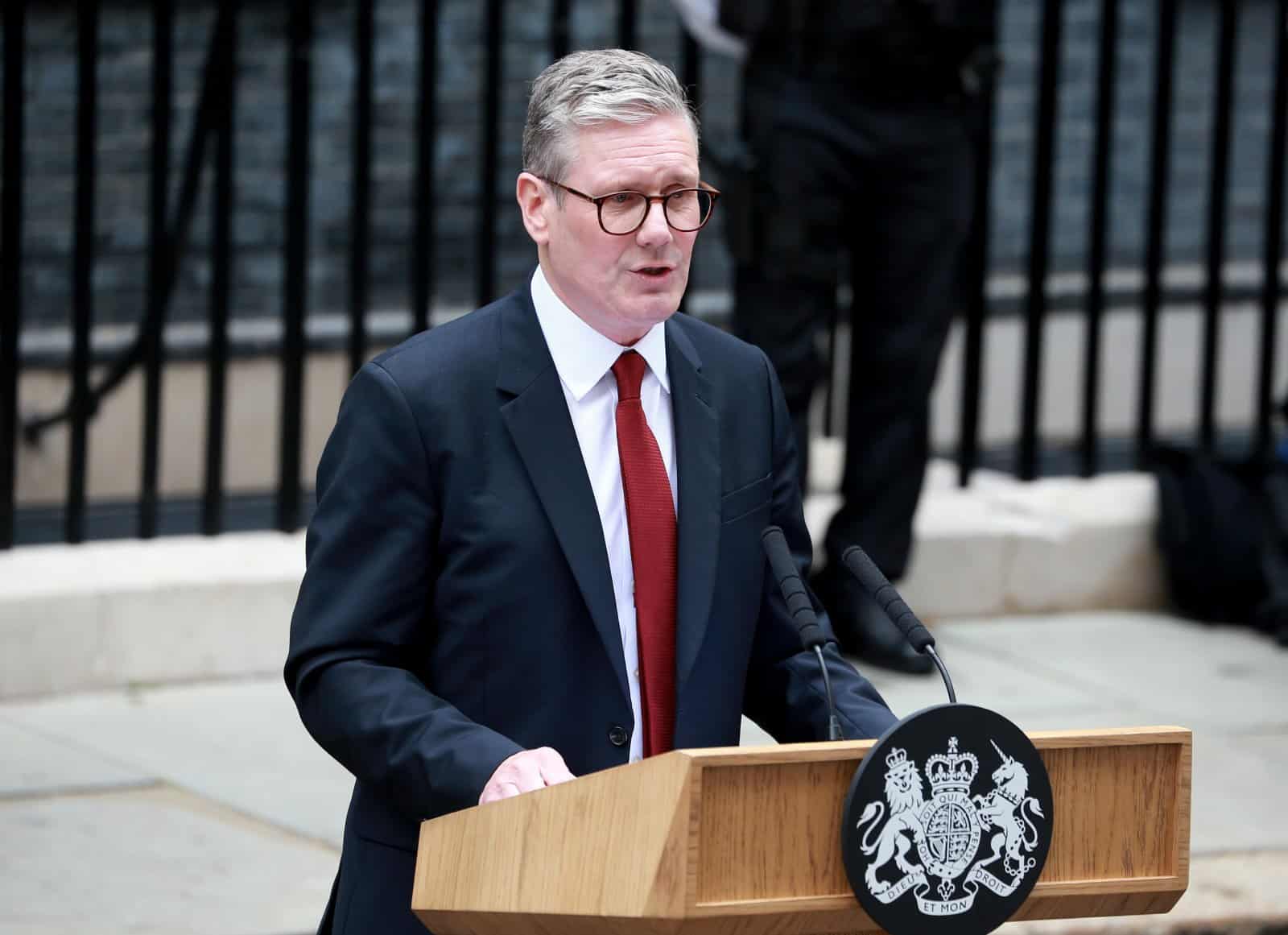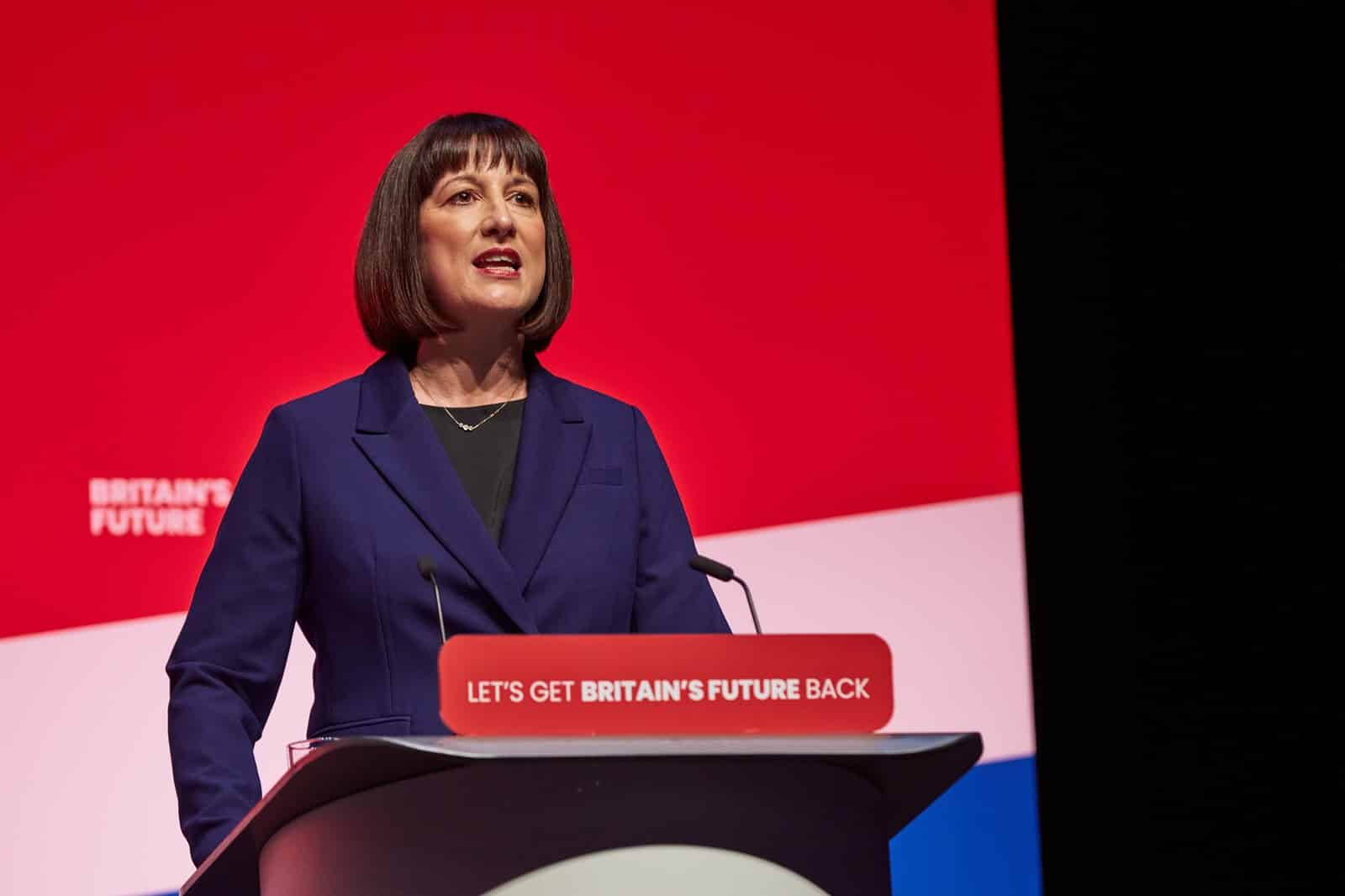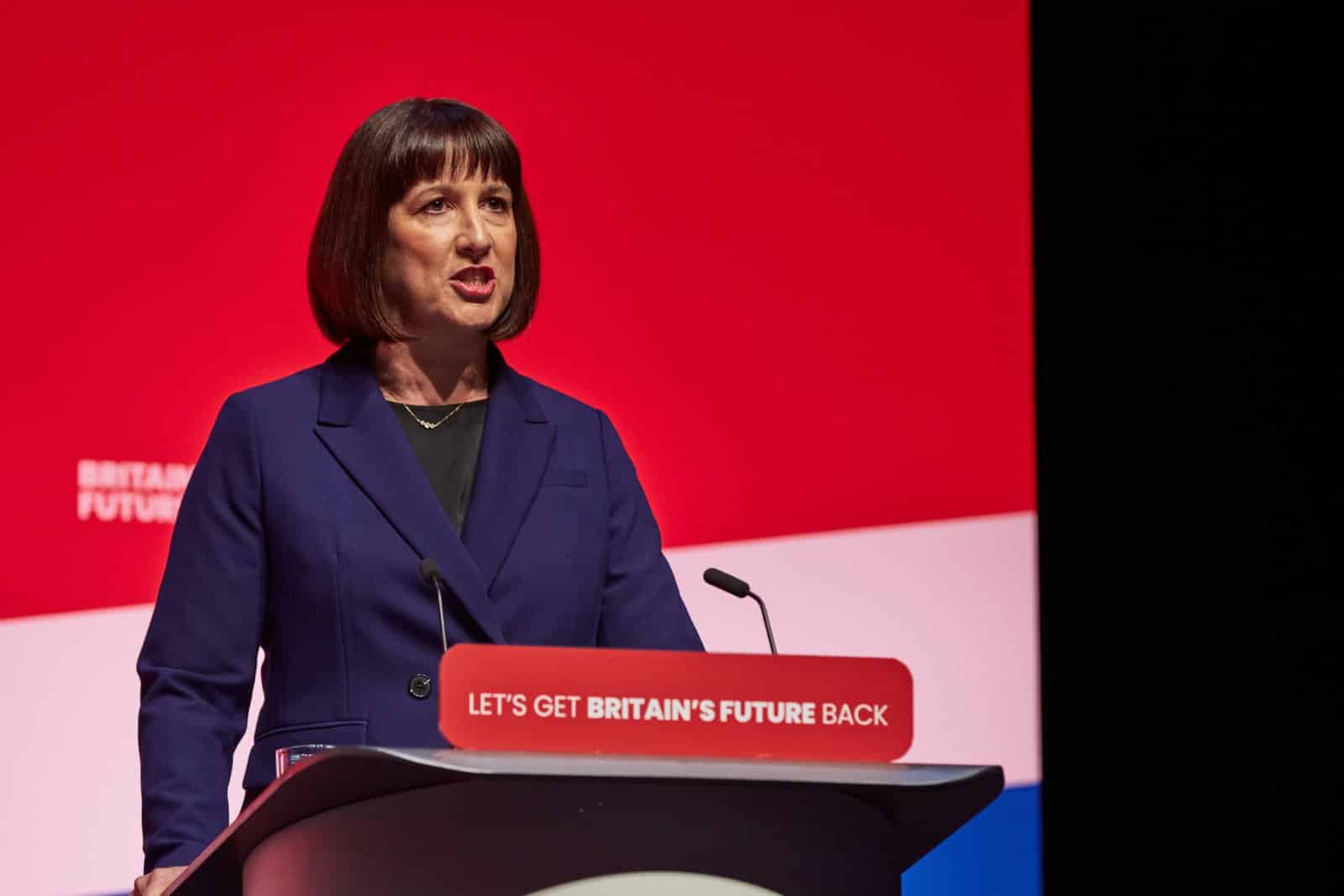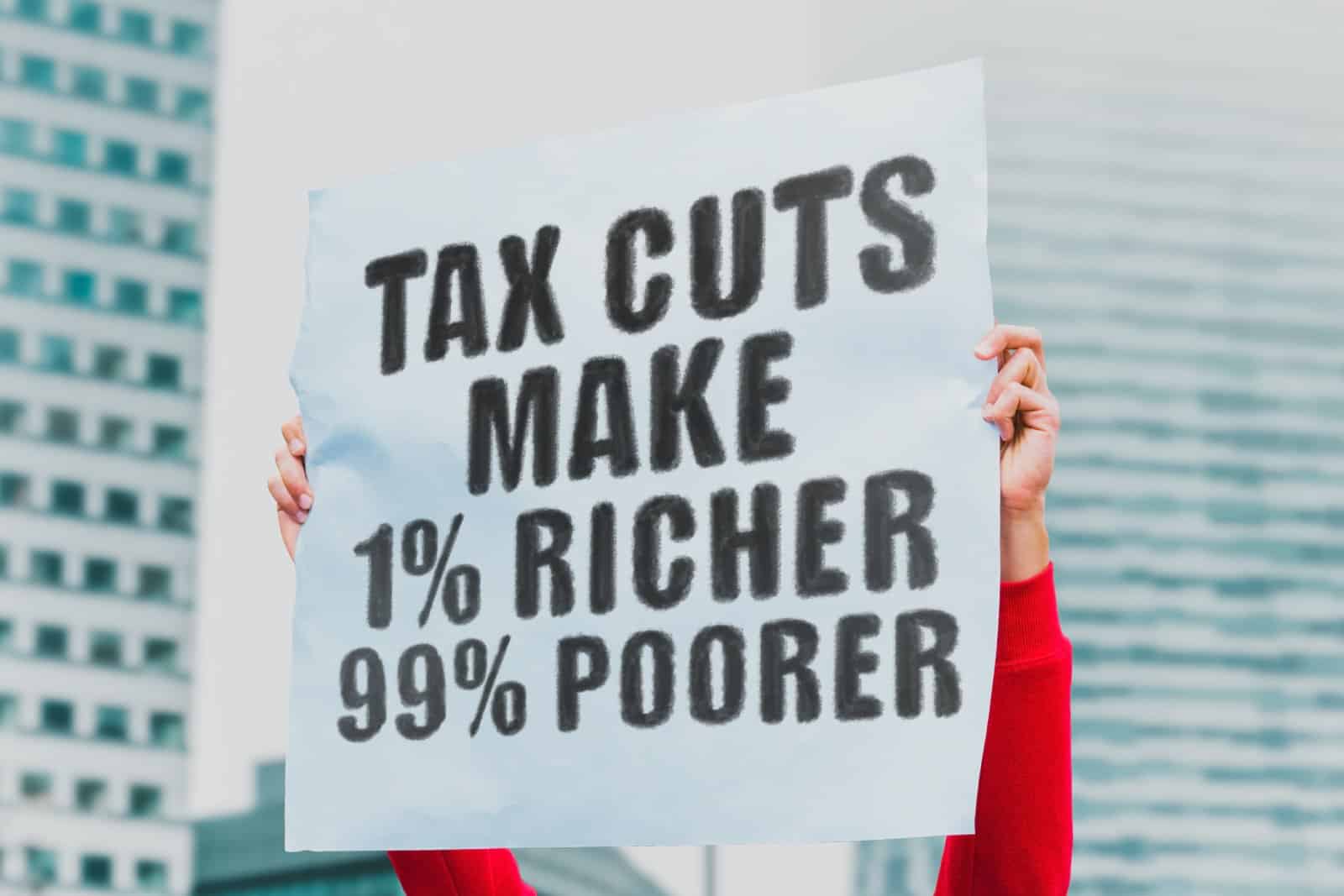Chancellor Rachel Reeves is set to reveal a shocking £20bn hole in public finances, which could lead to significant tax hikes and crackdowns on wealthy tax avoiders. Here’s the full story.
£20 Billion Gap

The newly appointed Chancellor Rachel Reeves is set to reveal a staggering £20 billion gap in the public finances following a review of the county’s economic standing after 14 years of Conservative rule.
Economic Challenges Ahead

The groundbreaking revelation, which the Chancellor is expected to make on Monday, means that the Labour government is facing serious economic challenges ahead of the upcoming budget. Tax increases seem increasingly likely to fill the holes in the public finances.
Worst Since WWII

Labour officials have blamed the previous Conservative government, with Prime Minister Keir Starmer recently telling business leaders that the economy and public finances were in “the worst place since the Second World War.”
Impact on Budgets

The impending fiscal shortfall is expected to impact several government budgets, including asylum, welfare, defence, and prisons. As the final audit is underway, the £20bn figure could increase as each department’s review progresses.
Audit Findings Monday

In her announcement on Monday, Reeves will disclose the Treasury audit findings and set the date for a comprehensive spending review and the October budget.
Predicted Tax Changes

Economists predict that Reeves will be forced to introduce tax changes in the budget. Potential measures could include adjustments to capital gains or inheritance taxes and reductions in other tax reliefs.
Campaign Promise: No Income Tax Hike

However, in keeping with Labour campaign promises, Reeves has ruled out raising taxes on “working people” such as income tax, VAT, national insurance, and corporation tax, even though these are traditionally massive revenue-raising measures.
Ripping off the Bandage

Economists have suggested that Reeves will likely use the spending review to rip off the bandage, showcase all of the dire economic news at once, and present it through a harsh critique of the previous government’s record.
Unsustainable Spending Plans

The review is expected to conclude that current spending plans are unsustainable and that significant cuts to public services would be necessary if taxes are not raised.
State Services at Risk

Reeves’ Treasury audit is expected to reveal that state and privatised services are at risk of collapse under current plans. Additionally, billions are already committed to compensation schemes for victims of the infected blood scandal and the Horizon failures at the Post Office, with the payments for affected parents and bereaved partners beginning as soon as the end of the year.
Justification for Tax Hikes

Economist Michael Saunders, a former member of the Bank of England’s monetary policy committee, indicated that the Reeves review could justify significant additional tax hikes ranging from £10bn to £25bn.
Plausible Fiscal Path

Saunders stated, “We suspect the Reeves review will conclude that a more realistic and sustainable outlook is likely to require a mix of higher public spending, greater headroom versus the fiscal rules and a more plausible path of fiscal tightening over the five-year forecast period.”
Political Costs Considered

He added, “Any political costs from higher taxes could be outweighed by the scale of Labour’s majority and, using the cover of the review, putting the blame on the weak fiscal position left by the previous Conservative government.”
Cracking down on Avoidance

Due to the dire economic situation, Reeves is facing growing pressure to crack down on tax avoidance schemes used by the ultra-wealthy to avoid paying their fair share. A recent undercover Guardian investigation showed how the mega-rich exploit offshore pension schemes to avoid paying substantial inheritance and capital gains tax bills.
Offshore Pension Schemes

The Guardian investigation revealed that multimillionaires legally shield their fortunes from taxes by using qualifying non-UK pension schemes (QNUPS). These schemes allow unlimited contributions and offer investment opportunities in diverse assets like property and art, further amplifying the tax savings for wealthy investors.
Calls for Rule Changes

Following the investigation, Dan Neidle, founder of Tax Policy Associates, told the paper, “These offshore pension funds … are being widely used as tax avoidance vehicles. I expect the rules will change in the budget.”
Difficult to Justify

Similarly, Arun Advani from the University of Warwick stated, “The tax relief against inheritance tax, on top of already not paying national insurance contributions and capital gains tax, has always been difficult to justify. It means pensions are increasingly used as saving for one’s children, rather than saving for old age. The use of these foreign schemes means there is even more revenue that would be available from removing this tax break than previously estimated.”
Labour’s Pledge

Labour has pledged to tackle tax avoidance by the wealthy, and given the country’s dire fiscal situation, this crackdown may be coming sooner rather than later.
Vital Opportunity

The autumn budget will serve as a vital opportunity for Reeves to unveil these changes. However, it remains to be seen whether simply tinkering at the edges of a tax system that sees billions lost in avoidance every year will be enough to fix the country’s fiscal black hole.
Featured Image Credit: Shutterstock / Martin Suker.

